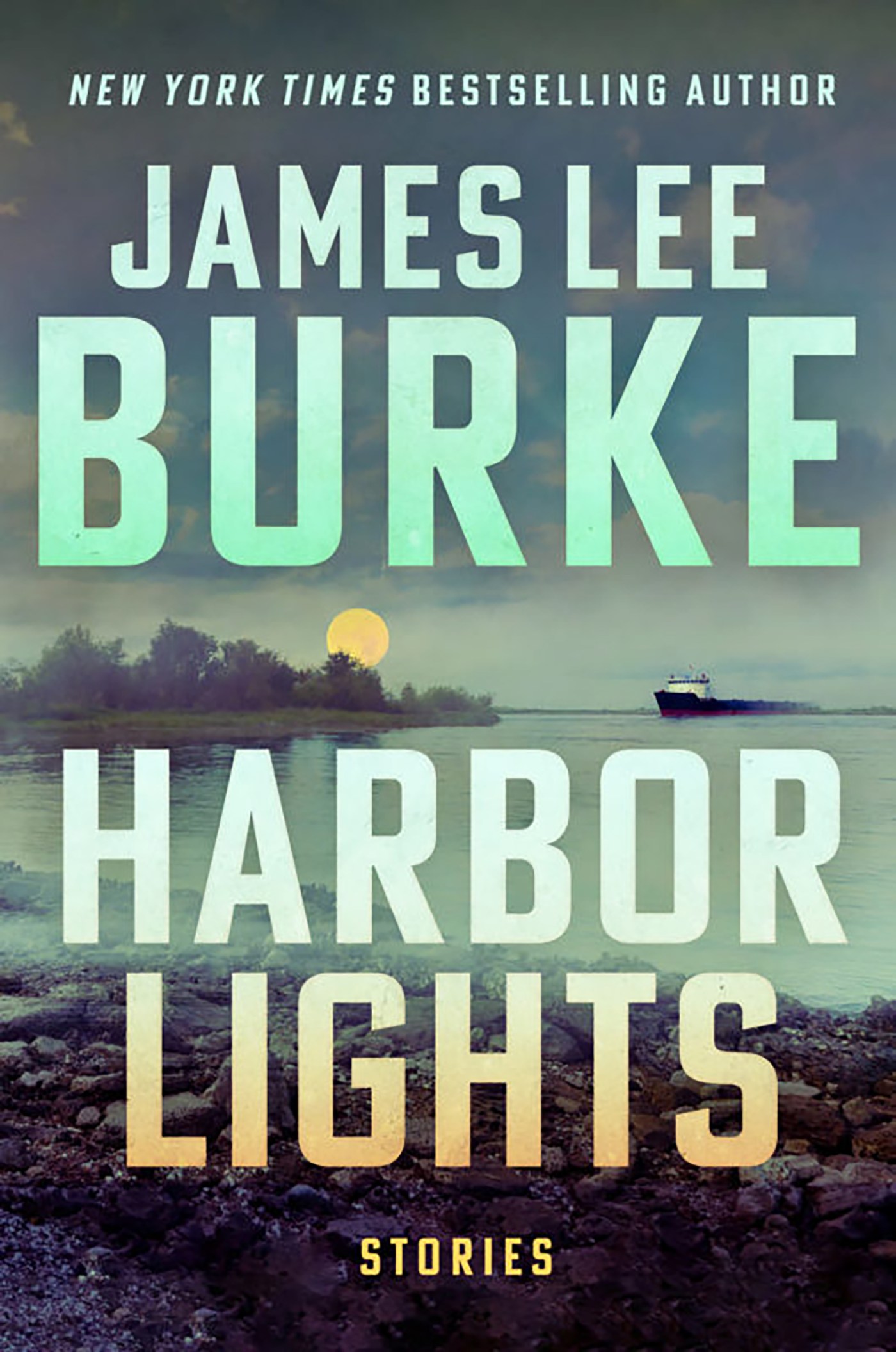
James Lee Burke on dark history tour in ‘Harbor Lights’
James Lee Burke is acclaimed as a crime fiction writer, and one of the best at that. Over the more than five decades that he has been publishing books, he has taken a wider view of crime — his characters seek not just to solve a murder or stop a thief, but to understand the nature of evil, often at their own peril.
That quest animates his new book, “Harbor Lights,” a collection of seven short stories and a novella. It roams across historical eras in the American South and West and brims with the rich, lyrical prose that is one of his trademarks.
“Harbor Lights” does feature some of the characters Burke’s readers know from other books, notably Aaron Broussard, a writer who narrates the title story at the book’s beginning, “Deportees” at its center and the novella, “Strange Cargo,” that comes at its end.
The other four stories feature different protagonists, all of them driven by a thirst for justice in a world where bigotry and violence make it difficult to find. “Going Across Jordan,” set in the Colorado mountains in the 1950s, is about a pair of itinerant workers. The narrator and his friend Buddy do whatever work comes to hand on ranches, loading hay bales and breaking horses, never putting down roots. But Buddy’s work as a union organizer and their run-in with a cowboy movie star playing at being a real cowboy both have terrible consequences.
The narrator of “Big Midnight Special” served at Iwo Jima, but a postwar heroin habit and attendant crimes have landed him in a brutal Louisiana prison where one of his fellow inmates is the legendary blues musician Lead Belly. Arlen loves music, too — his only goal is to learn to play “The Wild Side of Life” on his Gibson guitar. But he has experience as a boxer, and a prison gang leader tries to pressure him into a fight, leaving him to take desperate measures to find freedom.
“The Assault” is set in present-day Montana and focuses on Delbert, a history professor, whose life is upended when his teenage daughter, Jennifer, gets into a fight and suffers a head injury. The police are indifferent about pursuing her attackers, and as her symptoms worsen into seizures, Delbert’s anger grows.
The narrator of “The Wild Side of Life” is a Korean War veteran who bears scars of combat visible and invisible. Now he works on oil rigs, a dangerous and rootless job, which is why he does it. But the before comes back, not his experiences in Korea, which were horrific enough, but a mass murder he witnessed during a drilling operation in the Amazon, conducted in the name of business. When the man who did it shows up on the oil rig, the rim becomes even more dangerous.
Burke’s fiction has always had a mystical streak, with the ghosts of Confederate soldiers, murder victims and long-dead historical figures woven into the world his characters inhabit. “A Distant War” crosses right into hell as a young professor and his little son get lost in the mountain West and blunder into a crossroads where they encounter, among others, a woman who tells them she’s Varina Davis, wife of the president of the Confederacy, still atoning for her husband’s sins. Varina is the least frightening person they’ll meet.
As the story “Harbor Lights” begins, young Aaron Broussard is fishing with his father: “It was in late fall of ‘42, out on the Gulf of Mexico, just off the Louisiana coast, the water green and cold and sliding across sandbars in the sunset, when we saw the bodies bobbing in a wave. …”
A tanker ship is burning nearby. Aaron’s father calls in a Mayday, but doesn’t identify himself and warns the boy not to tell anyone: “There’s a great evil at work in the world, son. … We mustn’t bring it into our lives.”
The tanker was torpedoed by a Nazi submarine; Aaron’s father, a World War I vet and engineer, saw it slip under the water. He knows the local authorities, and authorities higher up than that, don’t want anyone to know how chillingly close the war has come. But he can’t stay silent.
Tribune News Service
“Harbor Lights: Stories”
By James Lee Burke, Grove Atlantic, $22.95
Grade: A

